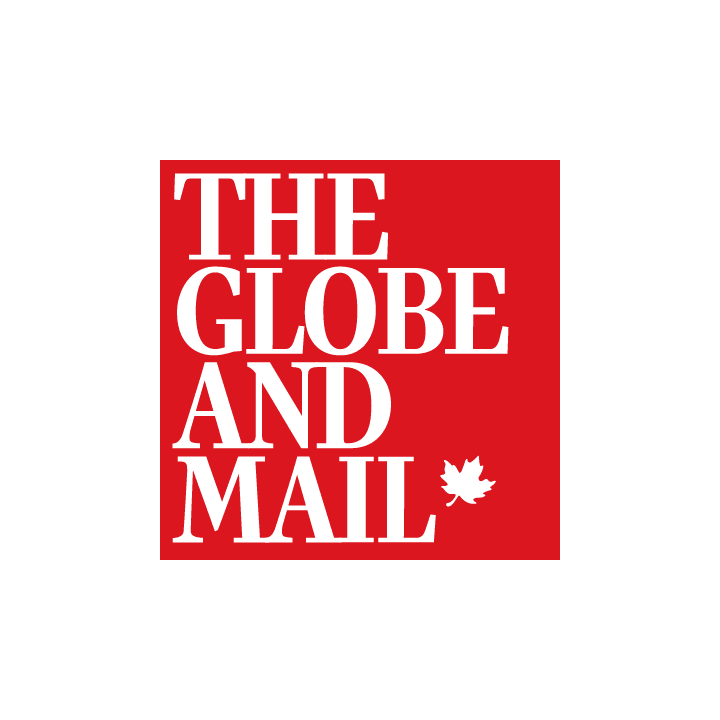
April 27, 2008 The British are coming … to play and invest
Article by: TERRENCE BELFORD, The Globe and Mail
Direct Link: https://www.theglobeandmail.com/report-on-business/the-british-are-coming-to-play-and-invest/article20389148/
Year-round recreation-based communities have started a slow but certain rise across Canada. And it’s not just places for big-city folk to own a weekend getaway either. Canada’s growing crop of ski, golf, boating and relaxing-surrounded-by-nature destinations are gaining favour with the international crowd – investors and holidayers alike.
In Newfoundland, there is the Humber Valley Resort, a 2,200-acre property being developed by British-based Newfound Property International. Regular flights into nearby Red Lake Airport ferry British tourists for a taste of rugged scenery enlivened by an 18-hole championship golf course, spa and gourmet restaurant.
In Quebec, the British have become the second-biggest group of buyers at Intrawest ULC’s Mount Tremblant resort community. The Vancouver-based company also owns internationally recognized year-round resort communities at Blue Mountain, Ont., and Whistler, B.C.
“We are starting to see the emergence of Canadian destination-based, year-round resorts, which have great appeal to the British and Germans especially,” says Joel Rosen, chairman of Horwath FTL, a leisure industries consultant, which has worked with some of the new communities.
“There now seems to be a number of new entrants that are modelling themselves after Intrawest, which has been enormously successful in that area. What they share is a primary appeal to a local market and then building on that to attract foreign buyers and vacationers.”
The existing and planned communities can be split into two distinct categories, Mr. Rosen says. There are those such as Mount Tremblant and Whistler built on a well-established local destination – in both cases ski hills – and those trying to create a destination almost from scratch, such as Humber Valley in western Newfoundland and Skyline’s venture south of Georgian Bay.
What sets them apart from standard cottage country developments is their focus on becoming a destination much like Orlando in Florida. These communities offer not only a broad range of winter and summer activities but throw in shopping, restaurants, hotels and sometimes even live theatre and a casino.
Mount Tremblant is a prime example, says Steve Lafave, director of sales for Intrawest at Tremblant.
“We acquired it in 1991 and started expanding in 1993. To date, we have built 2,800 housing units, 130,000 square feet of hotel space and 40,000 square feet of commercial and retail.
“We have also just added convention space and a $65-million casino. We get 2.5 million visitors during high season. The challenge now is to beef up shoulder season [spring and fall]traffic.”
Mount Tremblant even has its own airport with daily flights from Toronto and regular flights connecting with New York. “Brits have become our second-biggest market,” Mr. Lafave says.
At Skyline, the goal now is to decide how best to develop, market and integrate not just Port McNicoll, with its boating, fishing and water sports, and Horseshoe, with its ski hills and 35 kilometres of trails, but also the company’s two five-star Toronto hotels and spas – the Pantages Suites and the Cosmopolitan.
“We already have approval for 650 residential units at Port McNicoll and 1,000 at Horsehoe, but we are also looking at hotels, a commercial centre at Horseshoe Valley and the creation of four private clubs,” says Gil Blutrich, Skyline’s president who is also chairman of real estate firm Mishorim Group in Israel. “We will have one for boating, one for skiing, one for horseback riding and we will turn one of Horseshoe’s two existing golf courses into a private club as well.”
One of the immediate goals will be to give each community its own sense of being a village with new commercial and retail development, hotels and other amenities, says Rob Spanier, senior business development manager at Live Work Learn Play LLP, the consulting firm Skyline has retained to help with planning.
“Once we have worked out the details of creating distinct communities, then the next task is deciding how to brand them as a single destination.”
That may be a far more challenging task, Mr. Rosen says. “Unlike Mount Tremblant and Whistler, this is essentially a greenfields project. Few have ever heard of Port McNicoll. Branding Horseshoe and Port McNicoll as a single destination must also overcome geography; the two are at least a 20-minute drive apart.”
It is, however, too early for predictions about success, he adds. “What I can say is I know Gil well and he is a very clever fellow and a canny businessman and the time may indeed be right for a recreation-based destination-style community like this.”
